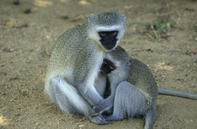
Vervet monkeys
Name
Vervet monkeys (Chlorocebus pygerythrus)
Appearance
Male vervet monkeys measure about 1.1 m in length and weigh 6 kg. Females are slightly smaller, weighing only 4 kg.
Their bodies are silvery-grey in colour and their faces black. The ridge above their eyebrows, feet and tips of their tails are white. Males’ genitals are brightly coloured – the penis being red and the scrotum blue – to convey their sexual status.
Vervet monkeys Diet
The diet of the vervet monkey is omnivorous, feeding on fruits, flowers and leaves as well as insects. It can differentiate between green and ripe fruit, as primates are one of few mammals with colour vision.
Vervet monkeys Breeding
After a gestation period of 140 days, a single young is born. They breed seasonally in South Africa, and birthing occurs between the months of March and May. Birthing intervals could extend longer than a season depending on the availability of food.
Vervet monkeys Behaviour
Vervet monkeys are gregarious animals living in organised troops which are dominated by males. Their access to food resources is regulated by the hierarchy of dominance. Females stay with their natal group, whereas males leave the group when they reach puberty.
Habitat
Living mostly at the edges of forests, the vervet monkey occurs in a variety of environments in South Africa including dense, tall trees and ones that have permanent surface water.
Where They Are Found
In South Africa, only two monkey species can be found, namely the vervet and Samango monkey. Both species are tree dwellers and eat fruit, making them a threat to commercial fruit orchards. The vervet monkey is distributed throughout South Africa.
It can be found in areas of its habitat, including spaces of the ever-expanding, invasive wattle tree. This alien plant has enabled the vervet monkey to expand its historical range.
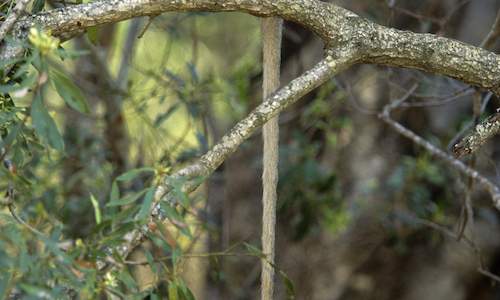
Because of their vested paternal interest in the troop, the more dominant males perform the service as sentinel most reliably and raise the ...
more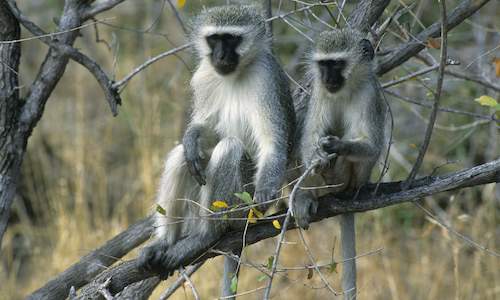
Diet varied, includes fruit, flowers, leaves, buds, seeds, pods, gum, insects, bird’s eggs and nestlings, occasionally reptiles. Feed in t...
more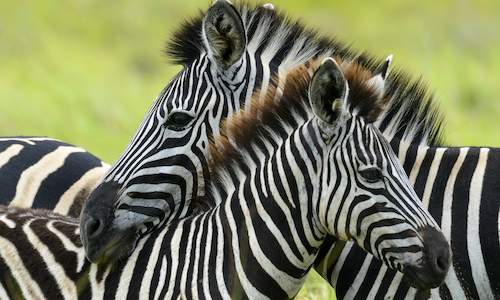
Learning about the mammals of South Africa is now so much easier for all South Africans - SouthAfrica.co.za is an excellent source of inform...
more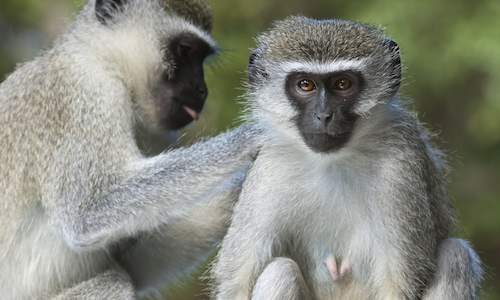
Vervet monkeys are almost exclusively the only monkey found in the Lowveld, there may still be a few isolated patches where Samango monkey a...
more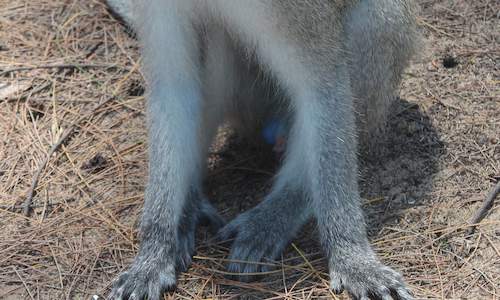
Groups of about 20 vervets make up a troop in which there is a strict hierarchy of rank amongst the males and amongst the females....
more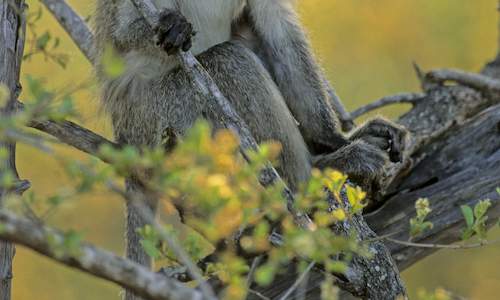
In order to discern ripe from unripe fruit, vervet monkeys have colour vision. The most favoured and productive resources for vervet monkeys...
more